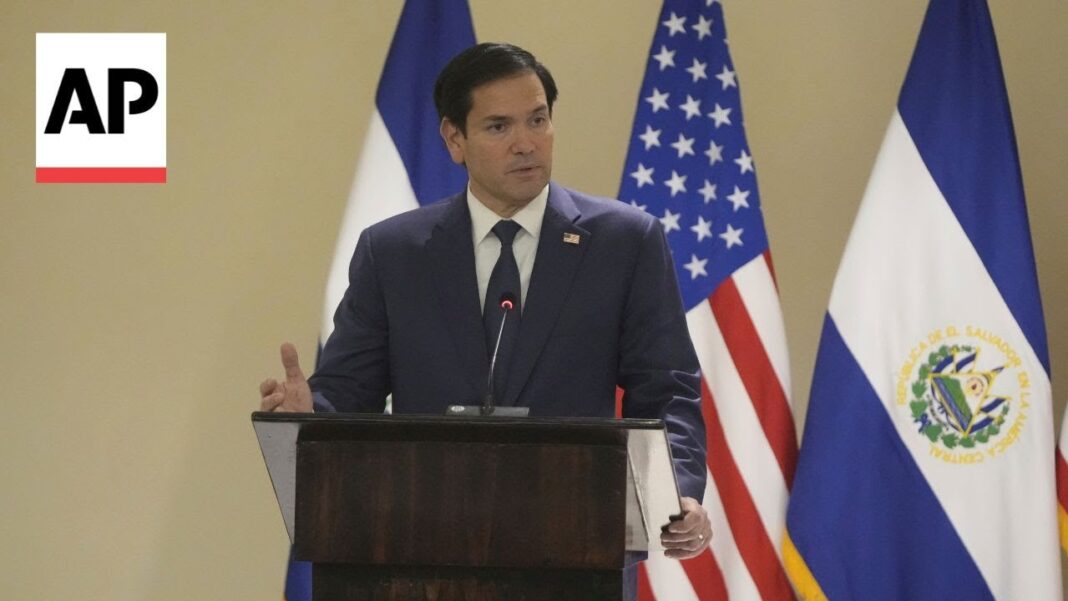An executive order eliminates duty-free treatment for imports worth less than $800.
A little-known trade loophole could have a significant impact on imports coming into the United States from China and on domestic businesses.
On Feb. 1, President Donald Trump signed several executive orders directed at Canada, China, and Mexico. Those three executive orders mentioned the cancellation of “de minimis treatment” for “all articles” produced in any of the three countries.
Removing the de minimis standard means that goods of any value will be subject to all duties assessed by the United States. Previously, items worth less than $800 were imported duty-free.
In a press conference on Feb. 2, Trump said the levies’ eventual benefits would be worth any pain—which he said would be short-term—Americans feel in the form of elevated prices.
Saturday’s executive orders said that ending the de minimus exemption is primarily aimed at stopping the flow of the synthetic opioid fentanyl and its chemical precursors into the country.
The order about China said Chinese companies “go to great lengths to evade law enforcement and hide illicit substances in the flow of legitimate commerce.”
“To conceal the true contents of the parcels and the identity of the distributors includes the use of re-shippers in the United States, false invoices, fraudulent postage, and deceptive packaging,” the order said.
Closing the Loophole
Trump’s move to remove the de minimis exemption escalates a proposed rule published by U.S. Customs and Border Protection during the final days of President Joe Biden’s administration.
On Jan. 17, the Biden administration’s CBP officially proposed dropping the de minimis exception for “merchandise subject to specific trade and national security action.” The move mentioned protecting the U.S. from unfair business practices.
“We cannot let Chinese-founded e-commerce platforms gain an unfair trade advantage while American businesses play by the rules,” Lael Brainard, former director of the National Economic Council, said in a Jan. 17 release.
According to a study of the de minimis exemption published by the Congressional Research Service (CRS) on Jan. 31, the exemption’s value was last hiked in 2015 to $800 from $200.






